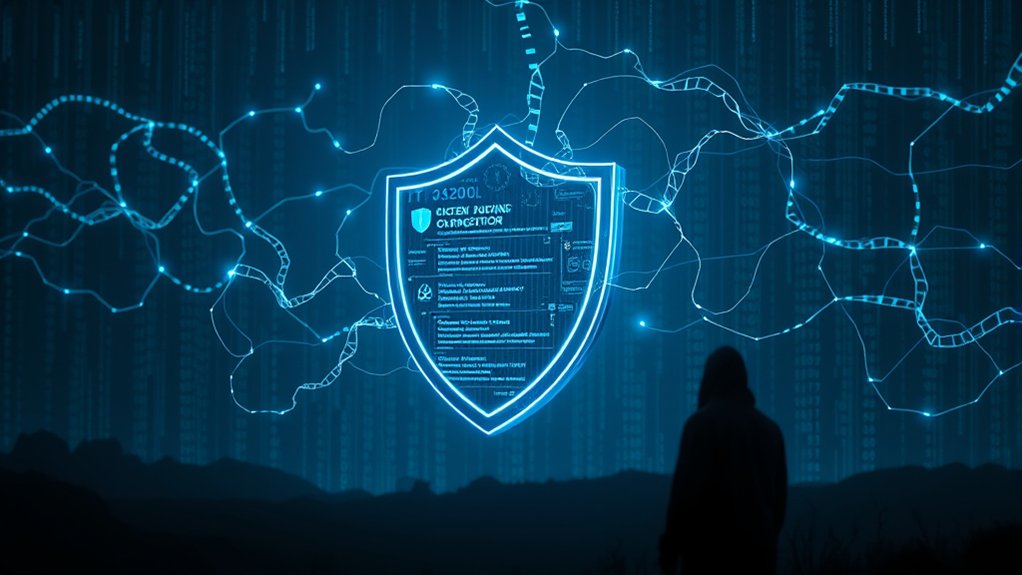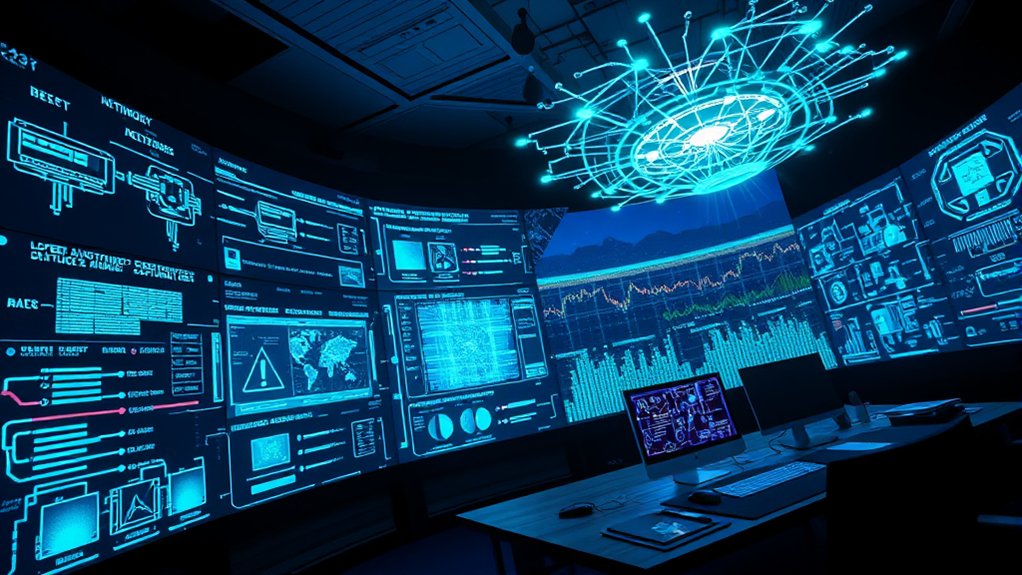How effective are artificial intelligence (AI) solutions in the domain of cybersecurity? Recent advancements indicate that AI considerably strengthens cybersecurity frameworks. Remarkably, AI improves threat detection by 60%, thereby improving the overall efficacy of cybersecurity systems. In addition, AI-powered tools can considerably reduce incident detection and response times from days to mere seconds. Such rapid response capabilities vastly diminish organizational vulnerabilities.
AI systems contribute positively by decreasing false positives, thereby alleviating the workload on human security teams. This allows professionals to channel their efforts towards more severe issues that require critical attention. Additionally, AI supports sophisticated authentication methods, including facial recognition technologies and advanced CAPTCHA strategies, thereby securing sensitive data more effectively. Specific attack vectors include prompt injection attacks, data poisoning, and data extraction as outlined in current research on AI security vulnerabilities.
AI enhances cybersecurity by reducing false positives and enabling advanced authentication methods, allowing teams to focus on critical issues.
In corroboration of these findings, a considerable 95% of IT professionals affirm that AI-driven cybersecurity solutions remarkably improve operational speed and efficiency. Furthermore, AI demonstrates its prowess in thwarting sophisticated, AI-generated cyber-attacks, particularly in rapid data-processing environments. Currently, 64% of organizations have integrated AI into their threat detection systems, reflecting a substantial rate of adoption in the industry. Over 150 billion security events(IBM monitors) are monitored daily using AI tools, indicating the expansive reach of AI’s capabilities. Market projections suggest that the AI cybersecurity sector is anticipated to double by 2026, reaching nearly $134 billion by 2030.
However, the deployment of AI in cybersecurity is not without challenges. Approximately 77% of entities reported breaches within their AI systems in the past year, indicating an alarming vulnerability. Shadow AI, recognized by 61% of IT leaders, necessitates rigorous governance and oversight. The fear of AI being exploited for cyber attacks resonates with 91% of professionals, highlighting critical security risks. Modern password managers like Dashlane implement zero-knowledge architecture to ensure maximum data privacy and protection.
Additionally, the potential for AI to evolve and adapt introduces complexities in ensuring strong security measures. As a result, organizations must balance the rapid pace of innovation with the requirements for security. As AI continues to redefine cybersecurity environments, stakeholders must remain vigilant to mitigate emerging threats while reaping the benefits of technological advancement.








